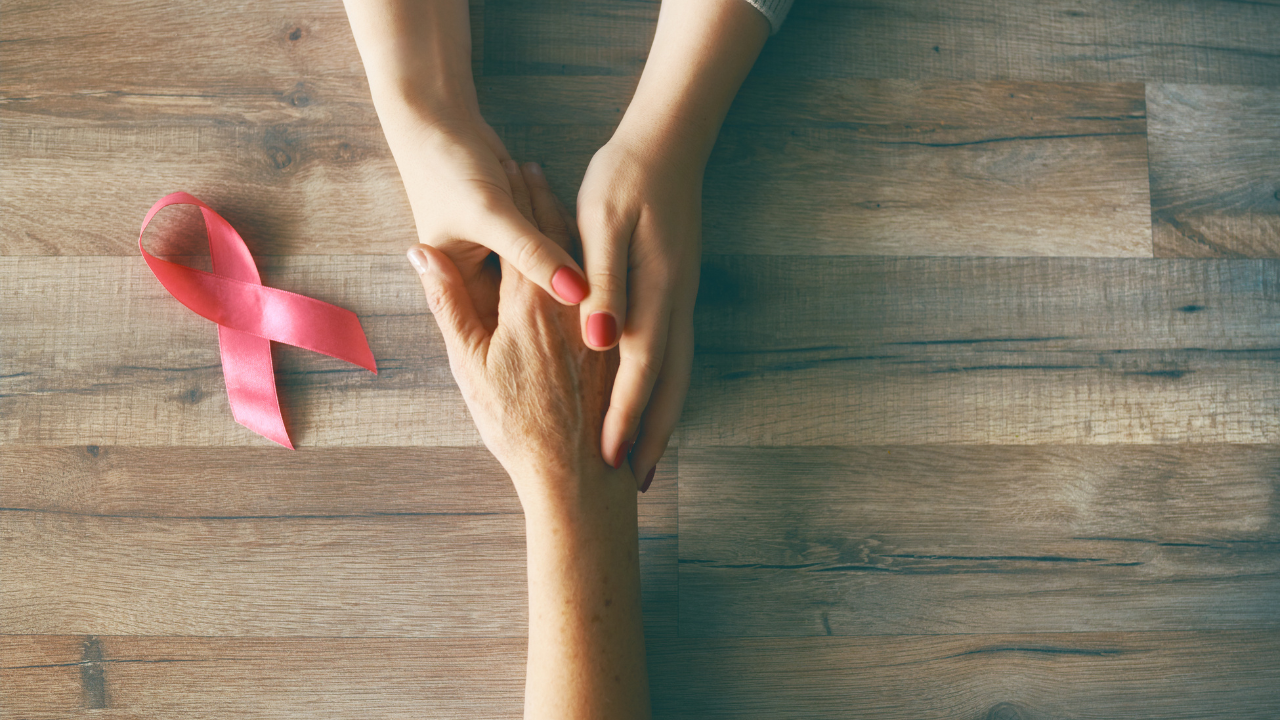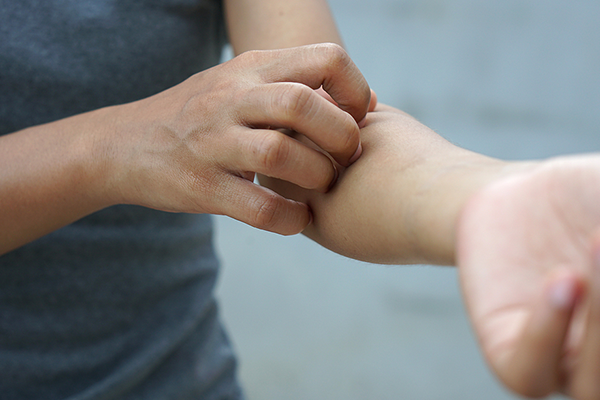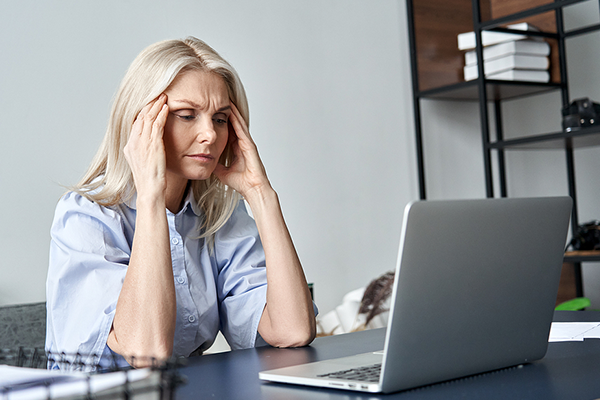You’ve spent years going to the office, interacting with coworkers face to face, and then COVID-19 arrived. Now, suddenly, you are at home, working from your kitchen table. Working from home has its pros, such as fewer weekly expenses for gas and vehicle wear and tear, but it also has its cons, such as an impact on your mental health.
“While introverts do better than extroverts when working alone, all of us need some social contact,” said Bernard Davidson, PhD, psychologist with the Department of Psychiatry and Health Behavior at Augusta University Health. “This diminished social contact is a major factor associated with negative mental health for those working at home.”
Mental Health and Remote Work
Remote workers are home alone all day, every day. So it’s no surprise that one of the biggest challenges of working from home is loneliness. Since the pandemic began, the number of remote workers has swelled. As a result, so has the number of people experiencing depression, a condition that often pairs with anxiety.
The cyclical nature of depression magnifies the problem. When someone suffers from depression, it often causes them to withdraw. They then become even more depressed. This cycle continues and can feel impossible to escape; however, there is a way out.
Symptoms of Mental Health Issues
The first step to overcoming any mental health issue is recognizing there’s a problem. Symptoms of a mental health disorder include:
- Acting or feeling excessively anxious
- Overeating, drinking alcohol excessively or using other substances
- Exhibiting out-of-character behavior
- Experiencing sleep problems
- Isolating from others
- Having difficulty concentrating
If these issues persist for two weeks or longer, you may be experiencing depression or another mental health concern.
Remote Working Tips During COVID-19
To foster good mental health while working from home, Dr. Davidson has a simple tip: decrease isolation. If you’re fully vaccinated against COVID-19, plan activities with other fully vaccinated people. If you’re not yet vaccinated, you can still have weekly video chats with friends and family outside your household and have meaningful conversations with the people you live with.
Notice negative emotions creeping in? Don’t ignore them. Talk with a warm, empathetic loved one or call a free hotline for advice. In the event these don’t work, seek professional help.
“While it may be difficult, you should ask for help when you feel things aren’t going well,” Dr. Davidson said. “You’ll be surprised how fast your feelings of stigma will dissolve as you begin feeling better about yourself.”





